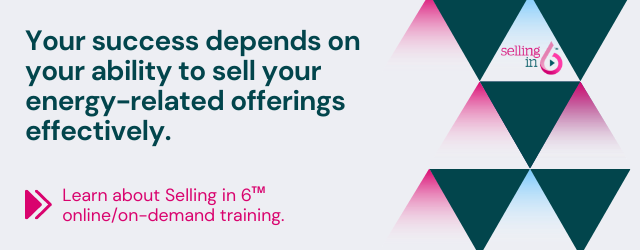If you got into this business because you wanted to save the environment, you might want to keep your agenda to yourself in certain settings. I remember reading a study published by the National Academy of Sciences in 2013. The experiment compared the reactions of various ideology buyers who were each given the opportunity to purchase a conventional lamp or a higher first-cost, premium-efficiency one. When faced with those two alternatives, one of which was three times more expensive, an equal number of moderates and conservatives purchased the higher-efficiency lamp using its savings over time to justify the additional cost. However, when the researchers repeated the test and placed a pro-environment sticker on the same higher-first-cost lamp, sales among conservatives plummeted.

The researchers concluded that connecting energy-efficient products to environmental concerns can negatively affect the demand for these products, specifically among persons in the United States who are more politically conservative. They added, “Although the majority of participants, regardless of ideology, selected the more expensive energy-efficient light bulb when it was unlabeled, the more moderate and conservative participants were less likely to purchase this option when an environmental label was attached to it.”
On a related note, I remember hearing a particularly skeptical prospect declare that as soon as he heard environmentalists telling stories of “polar bears drowning because of shrinking ice caps,” he refused to believe anything else they said. He continued by explaining that he had just returned from Sea World where he had seen polar bears swimming with beach balls on their noses. “Polar bears can swim, for goodness sake, and if they’re lying about the polar bears drowning in the Arctic, they must be lying about a lot of other things!”







